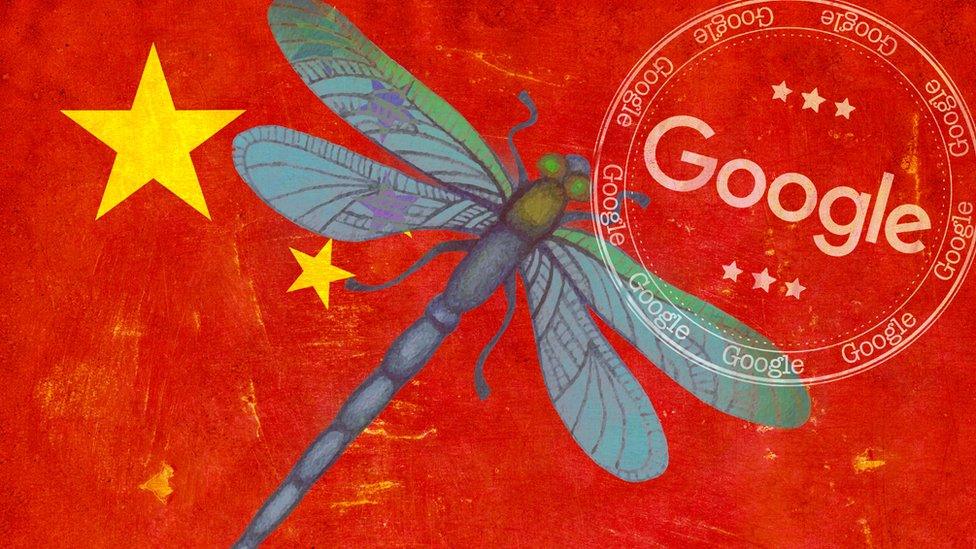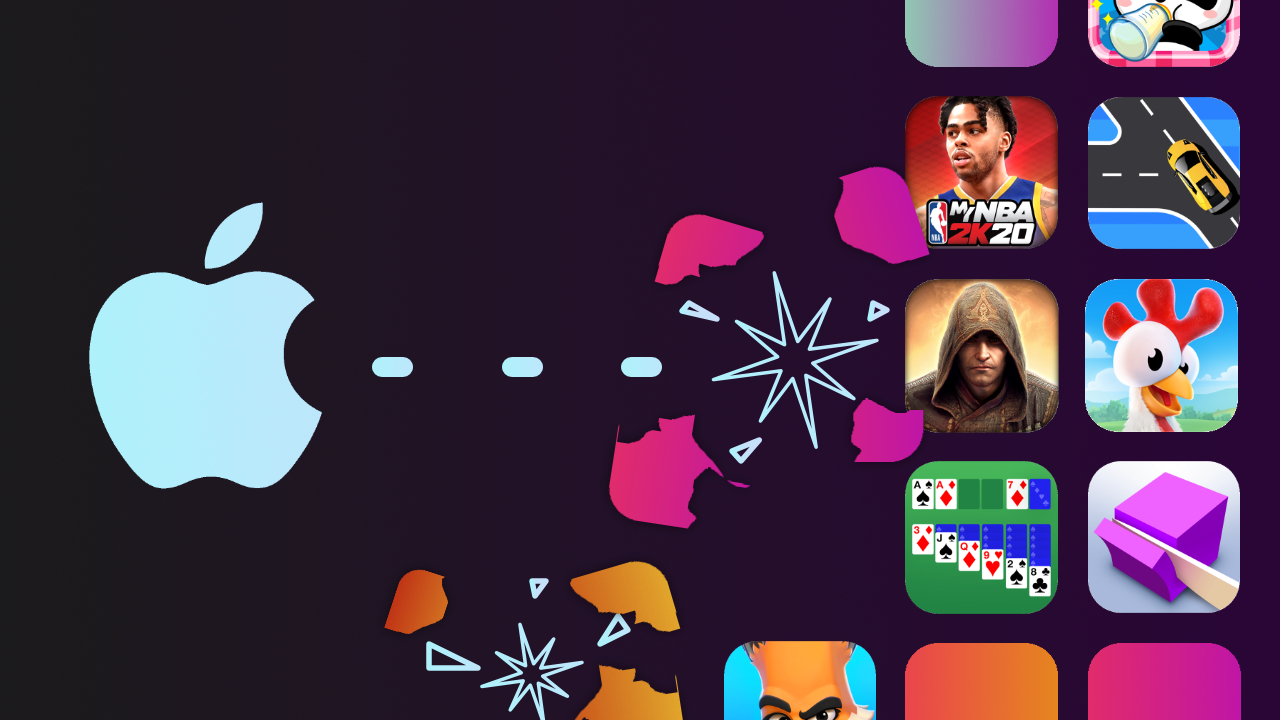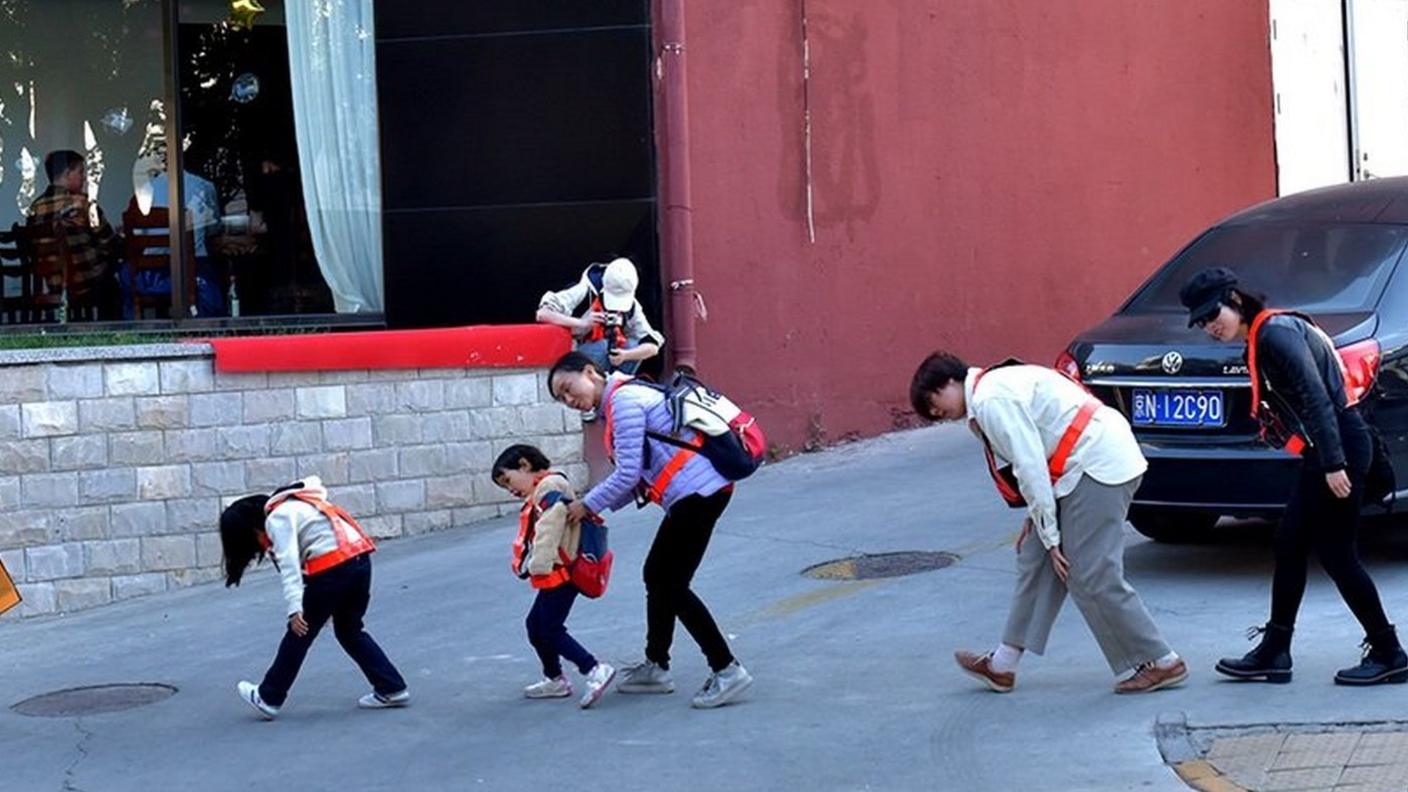Apple criticised for storing data inside China
- Published

Apple has confirmed that it is storing Chinese customers' data inside data centres based in China, following reports by the New York Times.
However it said it had "never compromised the security" of either its customers or their data.
Apple said it was complying with Chinese law about the data storage of its nationals.
However, one expert told the BBC it was effectively "handing over the keys" to the Chinese government by doing this.
China has long been accused of using technology to track its citizens and for the purpose of mass surveillance.
"I would have been uncomfortable a long time ago [using Apple products] if I were critical of the Chinese government," said Prof Michael Posner, a former Obama administration official, and director of the Centre for Business and Human Rights at New York University.
"I would have no confidence that there is any privacy in anything that I'm putting up on the cloud using an Apple product."
By housing the encrypted data in servers inside the country, Apple was "playing by Chinese rules", he added.
Apple said it complied with the laws of all the countries in which it has a presence.
"We retain control of the encryption keys for our users' data, and every new data centre we build affords us the opportunity to use Apple's most cutting-edge hardware and security technologies to protect those keys," it said in a statement.
"In addition, we handle law enforcement requests in China through the appropriate legal process, just like we do everywhere else, and we regularly and transparently report the instances when we are compelled to provide user information."
In December 2020 Apple removed around 46,000 apps from its China App Store, following a deadline set by the state.
The majority were games, which require an official licence to be available in the country.
And in 2019 Google abandoned a project to launch a censored version of its search engine in China, following criticism from its own staff.
- Published17 July 2019

- Published31 December 2020

- Published24 November 2020
